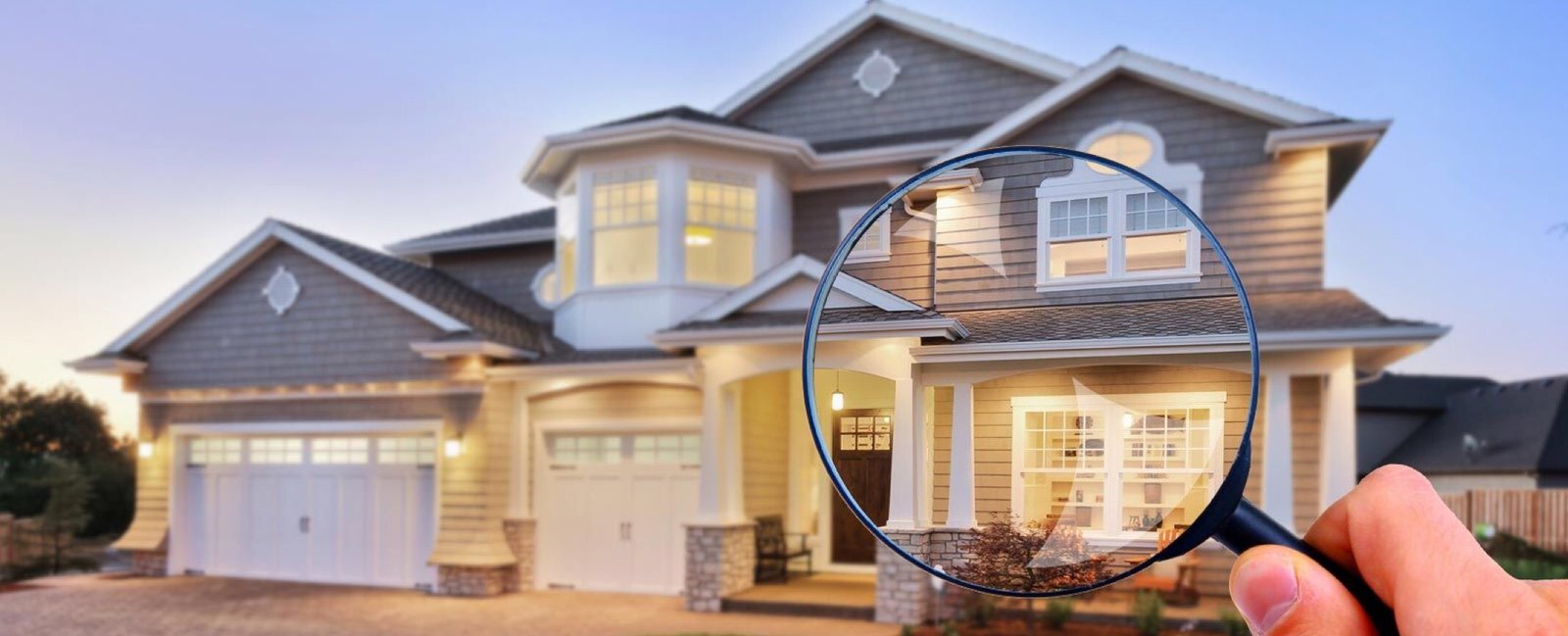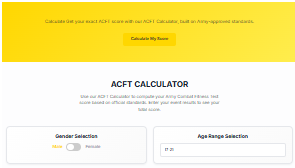Purchasing a home is one of the biggest financial commitments you will ever make, and in Canada, with its wide-ranging climates and property types, you want to be absolutely certain that your investment is in top condition. Whether you’re a first-time homebuyer or an experienced investor, the process of home inspection is an essential step that should never be skipped.
At Hipwex, we understand how vital it is to have a clear, detailed assessment of the property you’re considering. Our mission is to help Canadians navigate the home-buying process with confidence. In this guide, we’ll dive into why home inspections are so important, how the process works, and what common issues are found in Canadian homes. We’ll also explore how to choose the right home inspector for your needs.
What is a Home Inspection?
A home inspection is a detailed, professional evaluation of a property’s overall condition, usually conducted before you finalize the sale of a home. It helps to uncover any hidden problems or potential hazards that might affect the safety, livability, or future resale value of the property.
In Canada, a home inspection typically includes a review of major systems and structures of the home, such as:
- The foundation and structural integrity
- The roof and chimney
- Plumbing, including pipes, fixtures, and water pressure
- Electrical systems, such as outlets, panels, and grounding
- HVAC systems, including the furnace, air conditioning, and ducts
- Windows and doors for proper sealing and function
- Insulation and ventilation throughout the home
For Canadians, where homes face diverse weather conditions and age-related challenges, a home inspection is even more critical. It ensures that you’re fully aware of any potential repairs or ongoing issues before you commit to the sale.
Why a Home Inspection is Crucial in Canada
Whether you’re buying in Ontario, British Columbia, Alberta, or the Maritimes, every region of Canada has its own unique challenges when it comes to property maintenance. Here’s why home inspections are especially important in Canada:
1. Harsh Winter Conditions
Canadian winters are infamous for their severity, and the extreme cold can have a significant impact on the condition of a property. From ice damming on the roof to frozen pipes, cold weather can cause a host of issues. For example, frozen water pipes can burst and lead to water damage, while heavy snow accumulation can put pressure on the roof and cause leaks.
A home inspection will ensure that:
- The roof is capable of withstanding snow and ice.
- Pipes and plumbing systems are properly insulated and protected against freezing.
- Heating systems, including furnaces and boilers, are in good working condition.
2. Freeze-Thaw Cycle Impact on Foundations
Canada’s freeze-thaw cycle causes the ground to expand and contract throughout the year, which can lead to foundation issues. These shifts can cause cracking, settling, or even significant structural damage over time.
During the inspection, the home’s foundation will be thoroughly examined for any signs of:
- Cracks in the walls or basement.
- Water seepage from the ground.
- Uneven floors or doors that won’t close properly due to settling.
3. Water Damage and Mold
The Canadian climate, with its variations of heavy rainfall, melting snow, and high humidity, makes water damage and mold growth common in homes, particularly in basements, attics, and around windows.
A qualified inspector will check for:
- Water stains, mold, or mildew in basements, crawl spaces, and attics.
- Proper drainage systems and sump pumps to prevent flooding.
- The condition of windows and seals to ensure no leaks are present.
4. Energy Efficiency Concerns
With rising energy costs, Canadians are becoming more mindful of how energy-efficient their homes are. A home inspection helps identify areas where energy loss is occurring, such as:
- Poor insulation or drafts around windows and doors.
- Inefficient heating and cooling systems.
- Leaking ductwork.
A home inspector will highlight any issues related to energy loss, helping you estimate future utility costs and plan for improvements.
5. Safety Hazards
Safety is always a top priority, and an inspection can help spot potential hazards in a home that may not be immediately obvious to the untrained eye. Common safety concerns include:
- Outdated or faulty wiring, which can pose a fire hazard.
- Poorly maintained stairways, railings, or flooring.
- Unsafe structural elements, like rotting wood or weakened support beams.
A certified inspector will check all safety features to ensure the home meets local building codes and safety standards.
The Home Inspection Process: What to Expect
When you hire a home inspector, you’re not just paying for a quick walkthrough of the house. A professional inspection is a thorough and detailed process that takes between 2-3 hours for an average-sized home, depending on its condition.
Here’s a breakdown of the steps involved:
1. Pre-Inspection Consultation
Before the inspection begins, the inspector will have a brief consultation with you. They’ll ask if you have any specific concerns about the property and review any documents related to the home (such as the seller’s disclosure). This is your opportunity to highlight areas you’d like the inspector to focus on.
2. Exterior Inspection
The inspector will first examine the home’s exterior, paying close attention to:
- The roof for any damage caused by wind, hail, or ice.
- The foundation for signs of settling or cracking.
- The siding or brickwork for water damage, cracks, or pests.
- Driveways and walkways for any damage that could lead to safety hazards.
3. Interior Inspection
The inspector will then move indoors, where they will evaluate:
- Structural components, such as beams, floors, and walls, for any cracks, damage, or instability.
- Plumbing, checking for leaks, corrosion, or other signs of water damage.
- Electrical systems, including outlets, circuit breakers, and the main electrical panel.
- HVAC systems, ensuring that heating and cooling systems are in good working order.
- Windows and doors to make sure they open, close, and lock properly.
4. Attic, Basement, and Crawl Spaces
These areas are particularly important in Canadian homes, as they are prone to water damage, moisture buildup, and poor insulation. The inspector will:
- Check the attic for proper insulation, ventilation, and any signs of leaks or pests.
- Examine the basement for water damage, cracks, and signs of mold.
- Inspect any crawl spaces for moisture buildup or foundation issues.
5. Final Report
After the inspection, the inspector will provide you with a comprehensive written report. This report will typically include:
- A list of findings, from major issues to minor concerns.
- Photographs of problem areas, such as cracks or water damage.
- Recommendations for repairs or further investigation by specialists (e.g., an electrician or plumber).
- An overall assessment of the property’s condition.
Common Issues Found in Canadian Homes
Certain issues are more common in Canadian homes due to our weather conditions, age of housing stock, and regional differences. Some of the most frequently discovered problems include:
1. Roof Issues
Extreme weather conditions, such as heavy snow, ice dams, and freezing temperatures, can cause significant damage to roofs. Missing shingles, damaged flashing, and leaks are common findings during an inspection.
2. Foundation Cracks
Due to the freeze-thaw cycle, Canadian homes often experience settling or cracking foundations. This is especially common in homes with basements, where water intrusion can lead to structural issues.
3. Water Damage and Mold
Mold is often found in homes with inadequate ventilation or moisture problems. Basements are particularly vulnerable to water damage from melting snow or heavy rainfall.
4. Electrical Wiring
Many older homes in Canada have outdated electrical systems that may not meet modern safety codes. This can pose a significant fire risk. An inspector will ensure that the home’s electrical system is safe and up to date.
5. Insulation and Ventilation Problems
Homes that are poorly insulated or have insufficient ventilation may experience high heating and cooling costs. Drafty windows, poorly insulated attics, and improper ventilation can lead to energy inefficiency.
Choosing the Right Home Inspector in Canada
Choosing the right home inspector is crucial for ensuring you receive a comprehensive and accurate evaluation of your potential property. Here’s what to look for when selecting an inspector:
1. Certification and Credentials
In Canada, home inspectors should be certified by a recognized organization like the Canadian Association of Home and Property Inspectors (CAHPI) or the Ontario Association of Home Inspectors (OAHI). Certification ensures that the inspector is trained and qualified to perform thorough, professional inspections.
2. Experience and Local Knowledge
Experience is important, especially in regions with specific concerns like moisture buildup, freeze-thaw damage, or coastal weather. Look for inspectors who have extensive experience in the local area and are familiar with the unique challenges homes face in that region.
3. Insurance
Your home inspector should carry liability insurance in case something goes wrong during the inspection. This protects both you and the inspector.
4. Reviews and References
Check online reviews and ask for references from previous clients. Positive feedback and a good reputation are crucial indicators of an inspector’s reliability and professionalism.
5. Sample Reports
Request a sample of the inspector’s report to assess the level of detail. A well-organized, thorough report should clearly outline findings, with supporting images and recommendations.
Home Inspection Costs in Canada
The cost of a home inspection varies depending on the size of the property, its location, and the complexity of the inspection. On average, home inspection in Canada range from $300 to $600 CAD. While this is an upfront cost, it’s a small price to pay considering the potential savings on future repairs and peace of mind knowing the property is in good condition.
Conclusion
Whether you’re buying your first home, upgrading to a larger property, or investing in real estate, a professional home inspection is an indispensable part of the process. It ensures that you’re making a well-informed decision, reduces the risk of unexpected repairs, and can even provide leverage when negotiating the price.
At Hipwex, we understand the unique challenges of the Canadian real estate market, and we’re committed to providing you with the most thorough, accurate, and reliable home inspections possible. Don’t skip this vital step in your home-buying journey—contact us today to schedule your inspection!




Leave a Reply